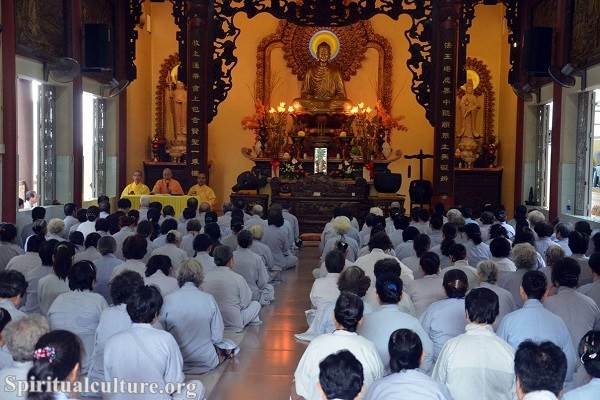However, there are certain ethical guidelines that Buddhists may follow in their relationships, such as practicing non-attachment and compassion.
In the Eight Precepts, one of the vows that some Buddhists take is to abstain from sexual misconduct, which is generally understood to mean engaging in any sexual behavior that causes harm or suffering to oneself or others. This includes things like adultery, exploitation, and coercion.
It’s important to note that Buddhism does not prescribe specific rules for relationships and does not judge individuals for their choices. The decision about whether or not to have a girlfriend or boyfriend and how to conduct a relationship is a personal one that each individual must make based on their values and beliefs.
Buddhists generally believe that all relationships, whether romantic or not, should be based on mutual respect, understanding, and compassion. These values are central to the practice of Buddhism and are considered essential for cultivating happiness and well-being.

In a romantic relationship, Buddhists may focus on cultivating a sense of non-attachment, which means not becoming overly attached or dependent on the other person for her happiness. This does not mean that Buddhists cannot have strong feelings of love and affection for their partners, but rather that they seek to cultivate a sense of balance and equanimity in their relationships.
It’s also important to remember that Buddhism is a diverse tradition with many different schools and interpretations, and different Buddhists may have different views on relationships and sexuality.
Ultimately, the most important thing is to find what works for you and to act in a way that is ethical and compassionate towards yourself and others.



